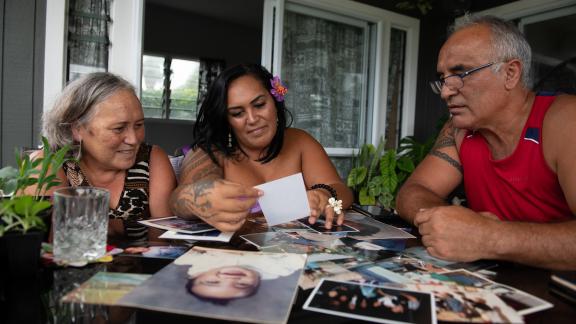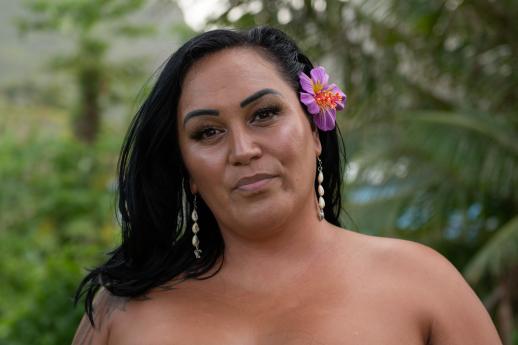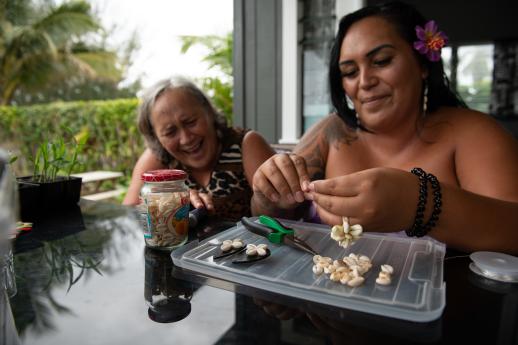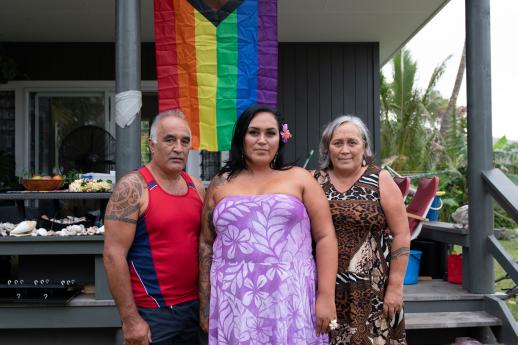Being bullied by her peers as well as facing disapproval from teachers made school the primary source of rejection Talia faced as a young transgender girl. Throughout her childhood, she was criticised for her personality, interests and behaviour for being ‘too feminine.’
“Tutors and teachers would express concern. All her friends are girls and they thought something was wrong with her. They knew what it was, but they just didn’t want to name it or acknowledge it. Interestingly, we took her to an Anglican counselling service and the counsellor admitted that there’s nothing wrong with her,” shared Talia’s mother, Carolyn.
Despite the rejection Talia faced, she received immense love and support from her family and local LGBTQIA+ friendly organisations.
“I want to be a girl,” Talia once said to her mom. She also decided to write a letter to her dad. Although Talia was initially worried about her father’s response about her desire to transition, Talia’s father assured her of his unconditional love.
“You’re my child, why would I not support you? It doesn’t matter what you want to be, you just be yourself,” said Talia’s father, Jodef.
When the school didn’t approve of her transitioning, Talia’s family transferred her to a beauty school, where she started working as a young woman.
Now living in Rarotonga, the capital of the Cook Islands, Talia receives services from IPPF’s Member Association, the Cook Islands Family Welfare Association (CIFWA), including a prescription for hormone replacement therapy. She has also recently undergone gender-affirming surgery in Bangkok.
Since moving to the Cook Islands, Talia has seen immense support and acceptance towards the LGBTQIA+ community. Pride flags are on display throughout the island to endorse the recent decriminalization of homosexuality in April. Despite the Act never having never been applied, its symbolic nature meant that LGBTQIA+ people felt victimised and discriminated against as the law propagates a message of intolerance.
The rainbow community are integral to Cook Island’s culture. Known as Akava'ine, transgender women in the Cook Islands’ Māori culture hold cultural and societal significance where they are upheld as holders of knowledge, culture, compositions, and choreography. Talia has embraced the word Akava’ine as inspiration for the name of her homemade jewellery line.

















